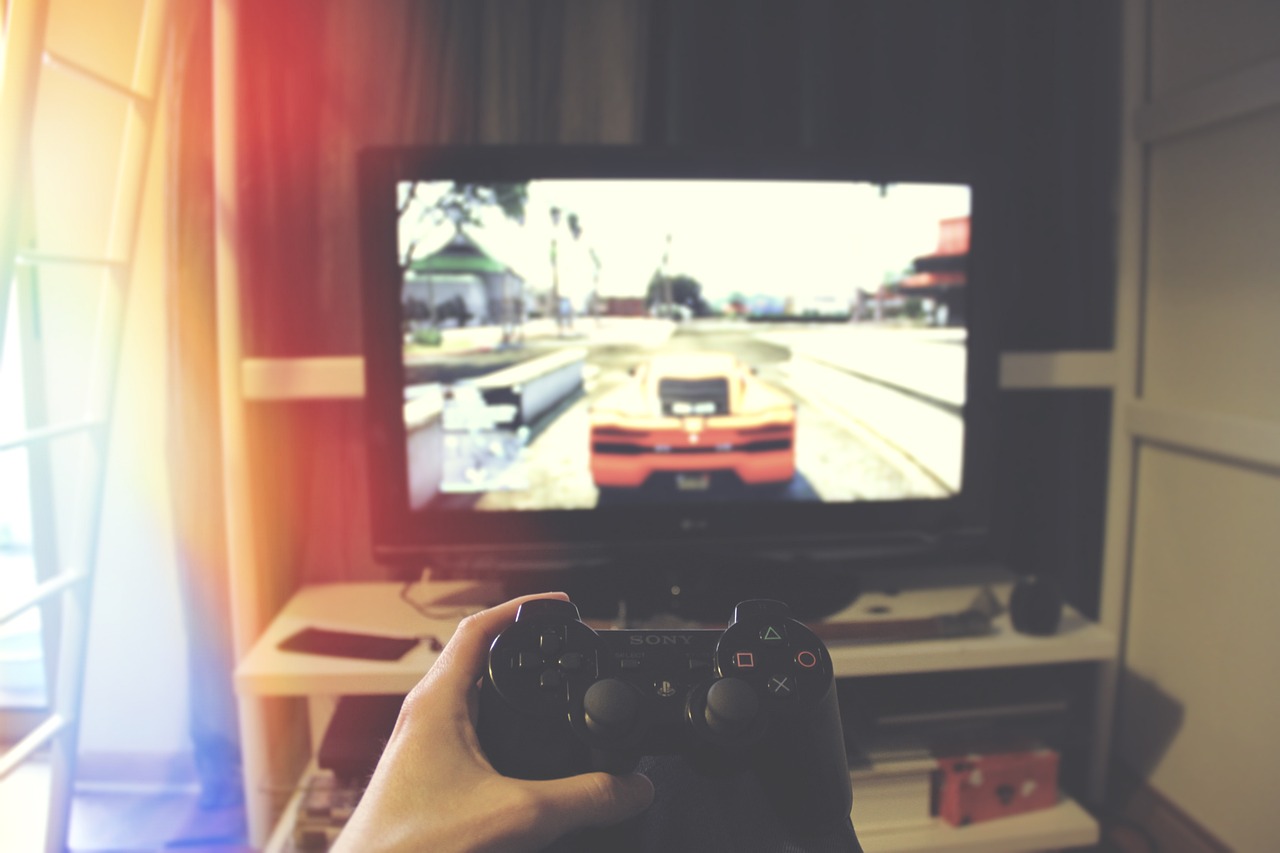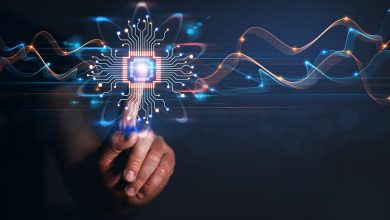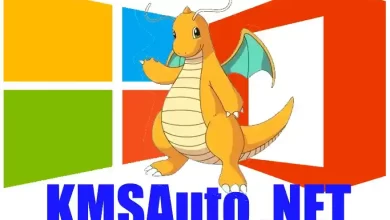In recent years, the gaming industry has witnessed remarkable advancements with the introduction of the Internet of Things (IoT). IoT has the potential to revolutionize the gaming experience by connecting devices and creating immersive gameplay environments. This article explores the impact of IoT on the gaming industry, its benefits, challenges, and future prospects.
Definition of IoT
The Internet of Things refers to the network of interconnected devices embedded with sensors, software, and connectivity capabilities that enable them to exchange data and interact with each other. This technology extends beyond traditional computing devices, such as computers and smartphones, to include everyday objects like household appliances, vehicles, and wearable devices.
IoT in Gaming: An Overview
The integration of IoT in gaming opens up a world of possibilities. IoT application development is revolutionizing the gaming industry. It allows game developers to create interactive and dynamic experiences by leveraging the power of connected devices. With IoT, players can engage with games on a whole new level, immersing themselves in realistic virtual environments and controlling game elements through various smart devices.
IoT in Game Development
Game developers are now incorporating IoT into their development process to enhance gameplay mechanics and improve user experiences. By connecting consoles, controllers, and other gaming peripherals to the internet, developers can create unique gameplay features. For example, motion sensors in gaming consoles can track players’ movements, translating them into in-game actions, making the gaming experience more intuitive and interactive.
IoT Devices in Gaming
The proliferation of IoT devices has expanded the range of gaming experiences. From virtual reality headsets and augmented reality glasses to smartwatches and fitness trackers, these devices can be seamlessly integrated with games to provide a more immersive and personalized gaming experience. For instance, fitness trackers can measure players’ heart rates and physical activity, adjusting the game difficulty accordingly.
Enhancing Gameplay with IoT
IoT technologies enable developers to enhance gameplay mechanics and introduce innovative features. For example, IoT-enabled voice recognition systems can allow players to communicate with in-game characters or issue commands using voice commands, adding a new layer of realism and interactivity. Furthermore, IoT can facilitate multiplayer experiences by connecting players from different locations, creating a more social and collaborative gaming environment.
Benefits of IoT in the Gaming Industry
The integration of IoT in the gaming industry brings several benefits. Firstly, it enhances the overall gaming experience by providing a more immersive and interactive environment. Secondly, IoT allows for personalized gaming experiences, tailoring the gameplay to individual preferences and characteristics. Additionally, IoT enables real-time data collection and analysis, allowing developers to gather insights and improve game design. Lastly, IoT opens up opportunities for new business models and revenue streams, such as in-game purchases and subscriptions.
Challenges of Implementing IoT in Games
While IoT offers numerous advantages, it also presents certain challenges in the gaming industry. One of the primary concerns is the complexity of integrating IoT devices and ensuring seamless compatibility across various platforms. Additionally, the vast amount of data generated by IoT devices requires robust infrastructure and data management systems. Moreover, the security and privacy of user data become critical issues, as hackers can exploit vulnerabilities in connected devices.
Security and Privacy Concerns
The implementation of IoT in gaming raises concerns about the security and privacy of user data. With interconnected devices, the risk of unauthorized access and data breaches increases. Game developers and IoT device manufacturers must prioritize security measures, such as encryption and authentication protocols, to safeguard user information. Moreover, they need to be transparent about data collection and usage, ensuring users have control over their personal information.
Future of IoT in Gaming
The future of IoT in the gaming industry looks promising. As IoT technologies continue to evolve, we can expect more advanced and immersive gaming experiences. The integration of IoT with emerging technologies like artificial intelligence and blockchain can further enhance gameplay mechanics and enable new possibilities. With the increasing availability of affordable IoT devices, the adoption of IoT in gaming is likely to become more widespread, reaching a broader audience.
Conclusion
The integration of IoT in the gaming industry has the potential to transform the way we play and experience games. From enhancing gameplay mechanics to creating personalized experiences, IoT brings a new dimension to gaming. However, challenges regarding compatibility, security, and privacy need to be addressed to ensure the successful implementation of IoT in games. The future of IoT in gaming is bright, and it will continue to shape the industry and redefine the gaming landscape.
FAQs
How does IoT improve the gaming experience?
IoT enhances the gaming experience by creating immersive environments, enabling personalized gameplay, and introducing innovative features like voice recognition and multiplayer connectivity.
What are the challenges of implementing IoT in games?
The challenges of implementing IoT in games include compatibility issues, managing vast amounts of data, and addressing security and privacy concerns.
Are there any security risks associated with IoT in gaming?
Yes, the interconnected nature of IoT devices in gaming raises security risks, including unauthorized access and data breaches. It is crucial to prioritize security measures and protect user data.
What is the future of IoT in the gaming industry?
The future of IoT in gaming looks promising, with advancements in technology and the integration of emerging technologies like AI and blockchain. We can expect more immersive and advanced gaming experiences.
How can IoT devices be seamlessly integrated with games?
IoT devices can be seamlessly integrated with games through the use of standardized protocols, APIs, and compatibility frameworks. Game developers need to ensure that devices can communicate and interact effectively.





